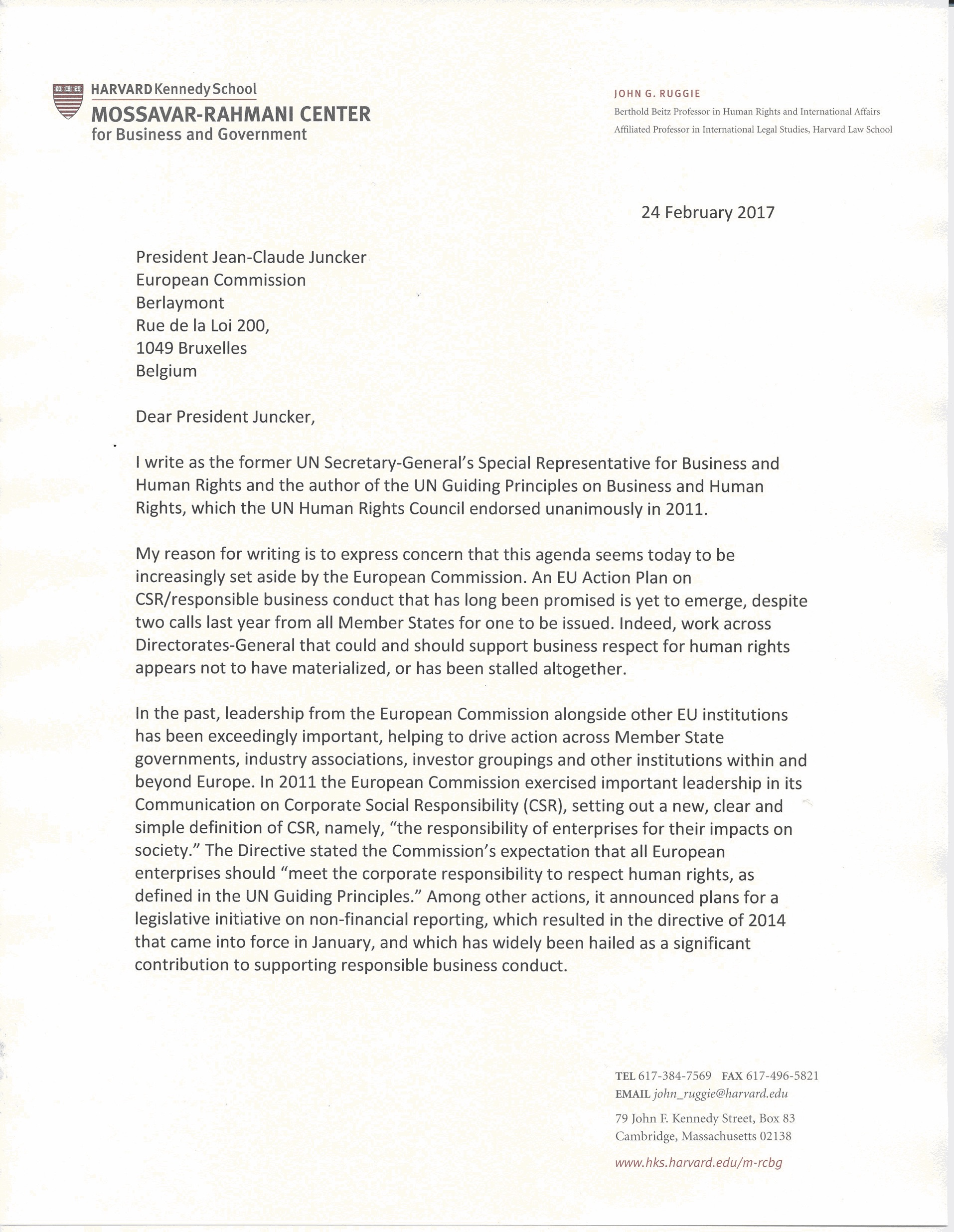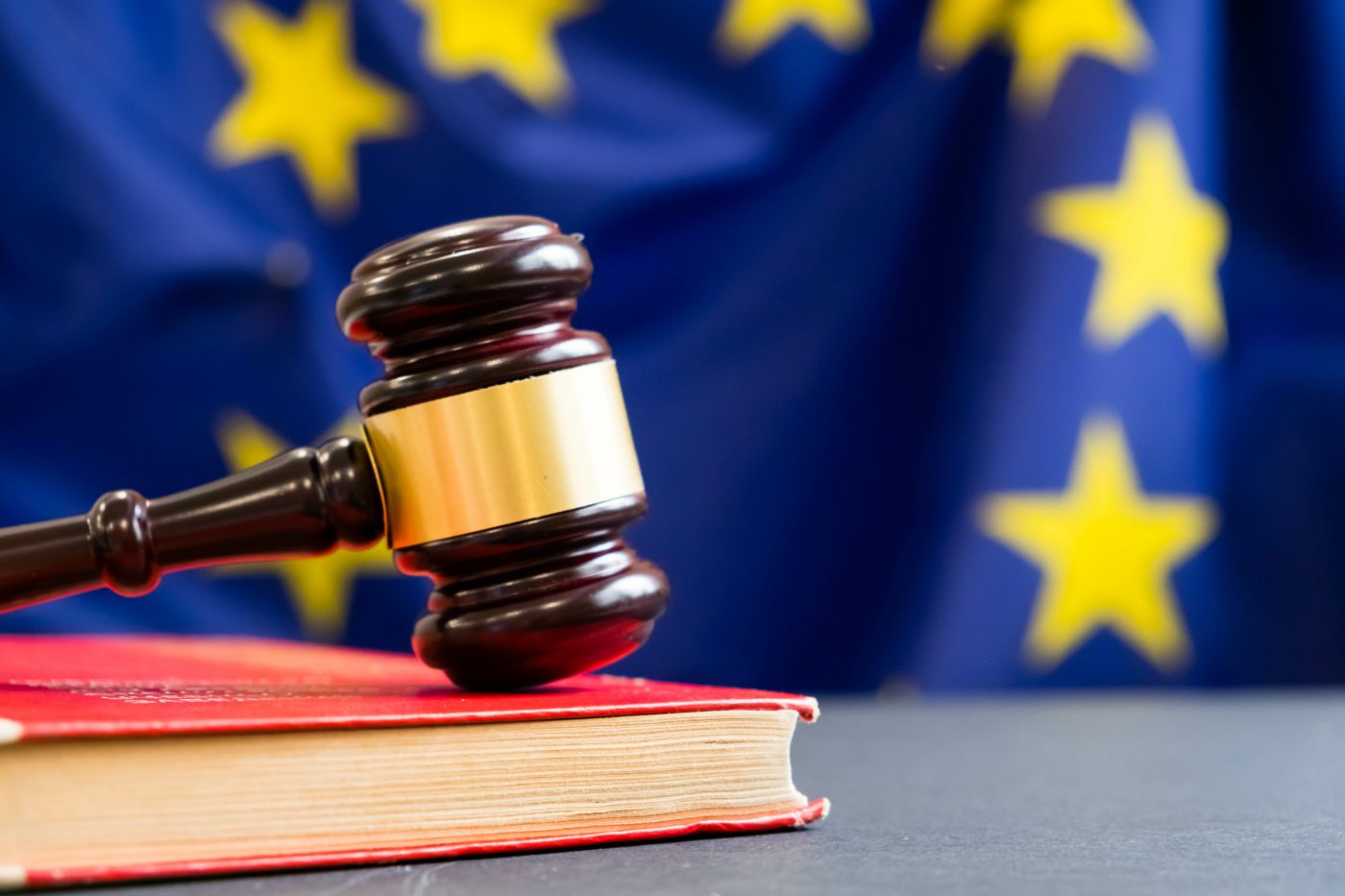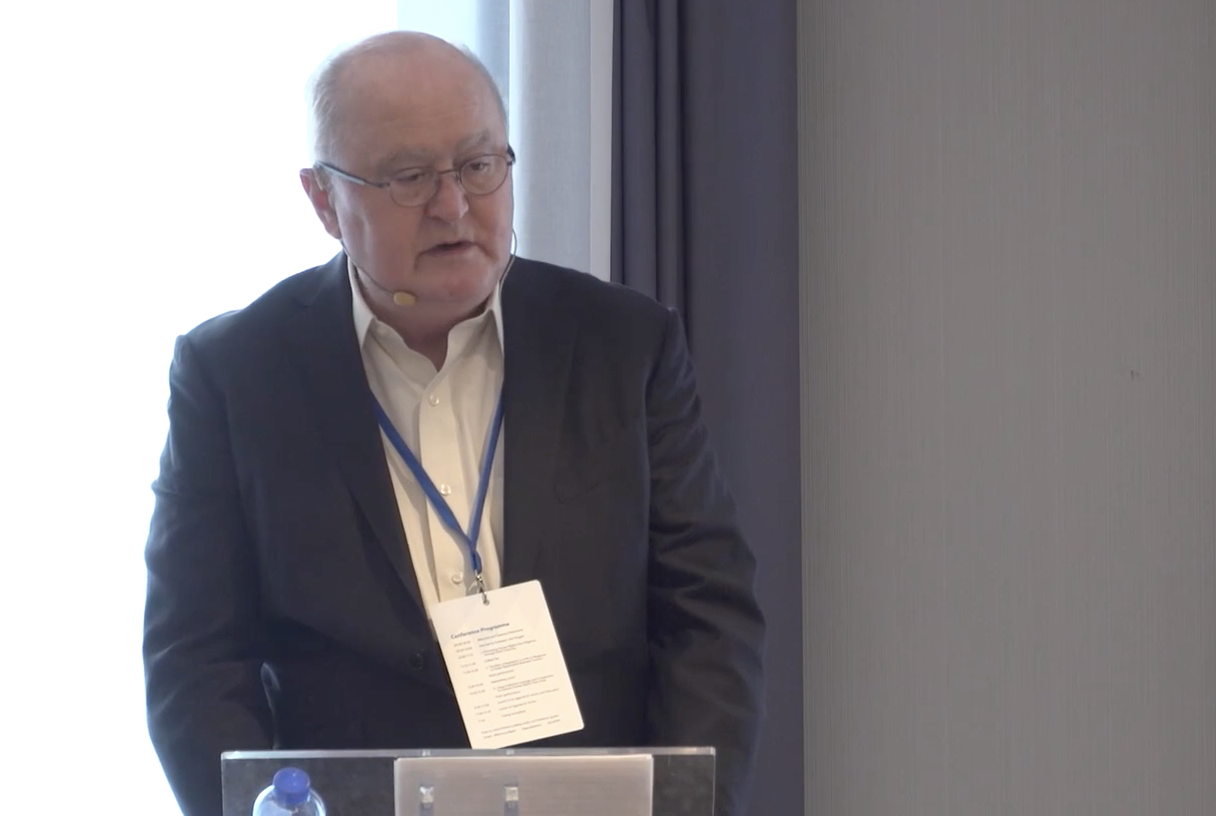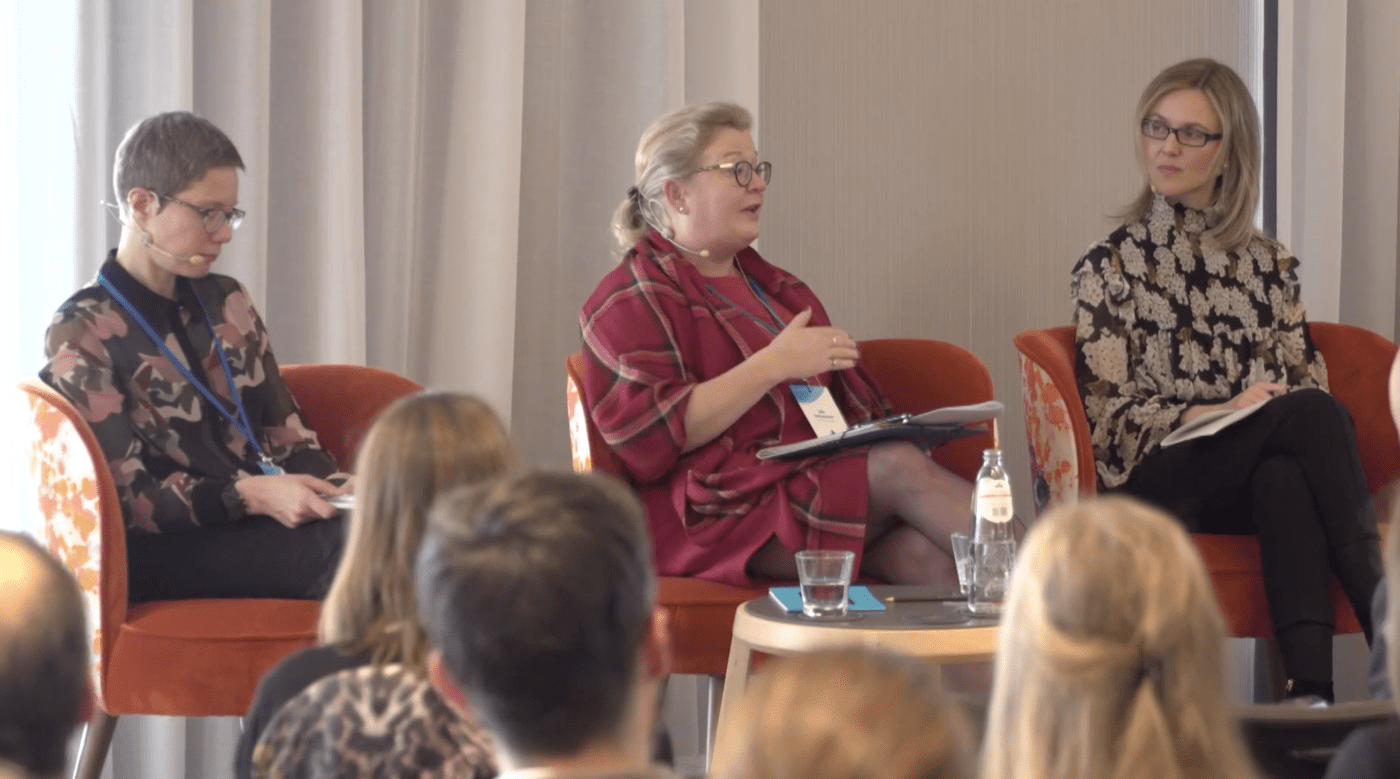A copy of this letter was sent to European Commission President Jean-Claude Juncker on February 24, 2017. Click the download link above to view the original letter.
Dear President Juncker,
I write as the former UN Secretary-General’s Special Representative for Business and Human Rights and the author of the UN Guiding Principles on Business and Human Rights, which the UN Human Rights council endorsed unanimously in 2011.
My reason for writing is to express concern that this agenda seems today to be increasingly set aside by the European Commission. An EU Action Plan on CSR/responsible business conduct that has long been promised is yet to emerge, despite two calls last year from all Member States for one to be issued. Indeed, work across Directorates-General that could and should support business respect for human rights appears not to have materialized, or has been stalled altogether.
In the past, leadership from the European Commission alongside other EU institutions has been exceedingly important, helping to drive action across Member State governments, industry associations, investor groupings and other institutions within and beyond Europe. In 2011 the European Commission exercised important leadership in its Communication on Corporate Social Responsibility (CSR), setting out a new, clear and simple definition of CSR, namely, “the responsibility of enterprises for their impacts on society.” The Directive stated the Commission’s expectation that all European enterprises should “meet the corporate responsibility to respect human rights, as defined in the UN Guiding Principles.” Among other actions, it announced plans for a legislative initiative on non-financial reporting, which resulted in the directive of 2014 that came into force in January, and which has widely been hailed as a significant contribution to supporting responsible business conduct.
Today, EU leadership is needed as never before. As I observed in my keynote remarks at a G-20 meeting on employment and labor rights in Hamburg just last week, former UN Secretary-General Kofi Annan warned already in 1999, in a speech to the World Economic Forum, that unless globalization has strong social pillars it will be fragile and vulnerable—“vulnerable to backlash from all the ‘isms’ of our post-cold war world: protectionism; populism; nationalism; ethnic chauvinism; fanaticism; and terrorism.” If we cannot make globalization work for all, he added on another occasion, in the end it will work for none.
The prescience of this statement is striking today. Now more than ever, we need governments and business to work together to ensure that those most vulnerable to negative impacts from business activities and globalized supply chains are protected and respected. Never has it been more imperative to understand that business’s single greatest contribution to the ‘people part’ of sustainable development should be through efforts to embed respect for human rights across their operations and value chains.
The G7 recognized this in its 2015 Elmau Declaration where leaders underlined the importance of promoting labor rights, decent working conditions and environmental protection in global supply chains. They expressed strong support for the UN Guiding Principles, welcomed efforts to set up substantive National Action Plans for their implementation, and urged the private sector to implement human rights due diligence.
At this critical time when the fate of globalization itself is at stake, the European Union’s voice is needed on the world stage to reiterate these messages clearly and constructively. Yet, as noted, the anticipated EU Action Plan on implementation of the UNGPs has still not been issued. Commission papers on the SDGs seem divorced from any understanding of the central role that respect for human rights must play in the private sector’s contribution to that agenda. And the Commission’s draft guidance to companies on the non-financial reporting directive dilutes and undermines the language of the UN Guiding Principles, provides negligible guidance on the human rights content of the directive, and fails to reference the sole reporting framework – the UNGP Reporting Framework – that is precisely tailored to help companies improve their human rights disclosure fully in line with the UNGPs.
The Commission’s past leadership on responsible business conduct, and in particular on business and human rights, had a catalytic effect on a whole range of actions, across the EU and beyond, that brought substantive progress in business practices. I respectfully urge you and your colleagues to renew that leadership and help build the foundations for a socially sustainable development without which neither our societies nor our businesses can thrive.
As you know well, we live at a pivotal moment in post-World War II history. Globalization itself is at risk unless and until its social pillars can be significantly strengthened. None of us, least of all the EU, should want a roll-back into the mercantilism that has had such destructive consequences in past eras. Responsible business conduct is a central building block of a socially sustainable globalization. And the EU can and should be a central actor in advancing this aim.
Very truly yours,
John G. Ruggie




